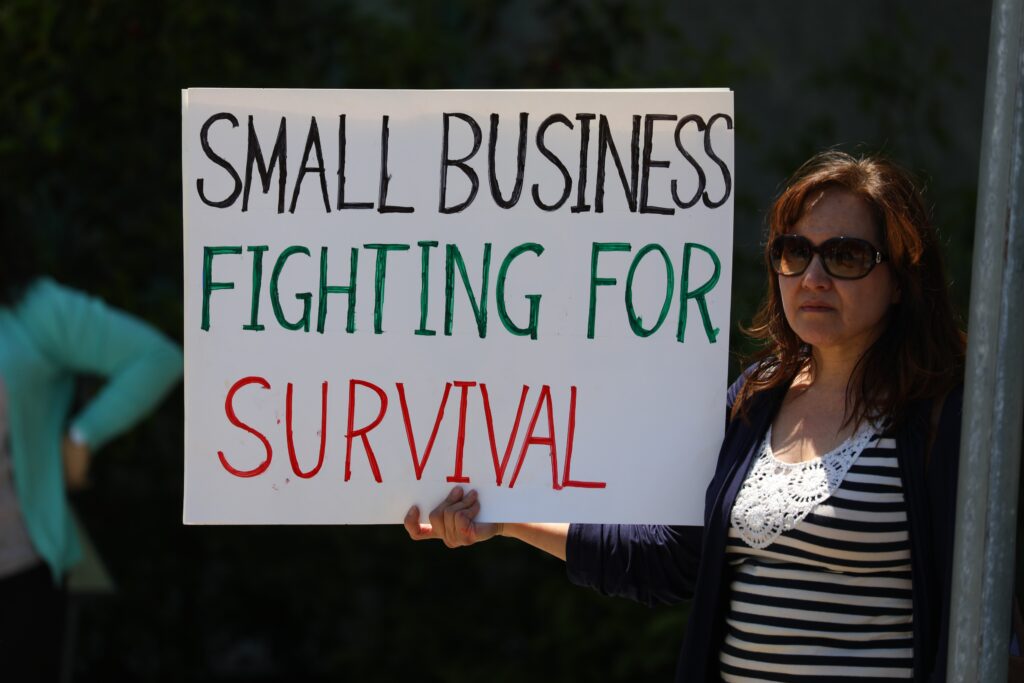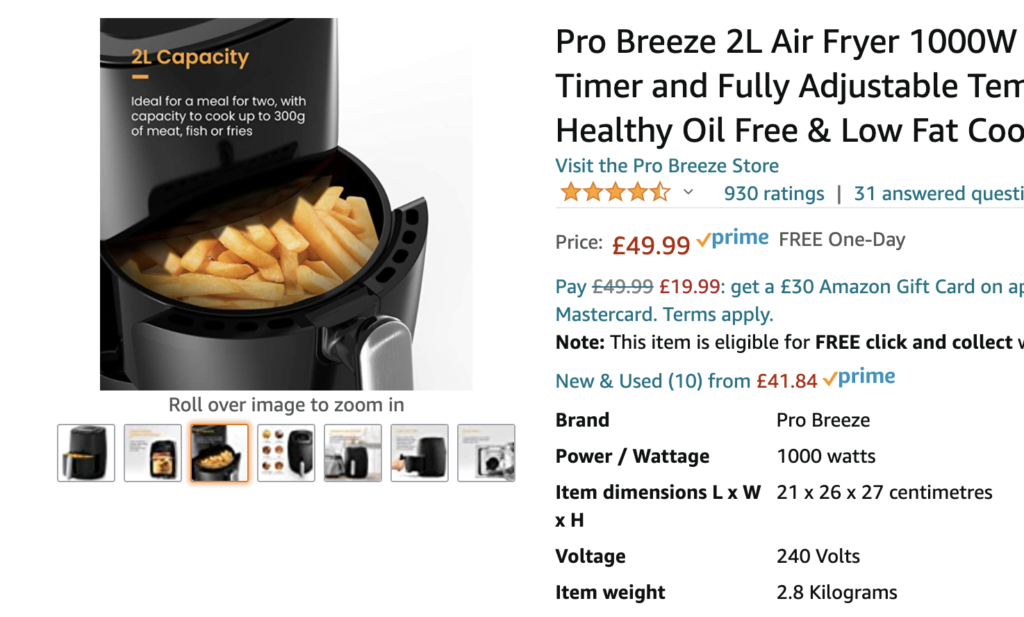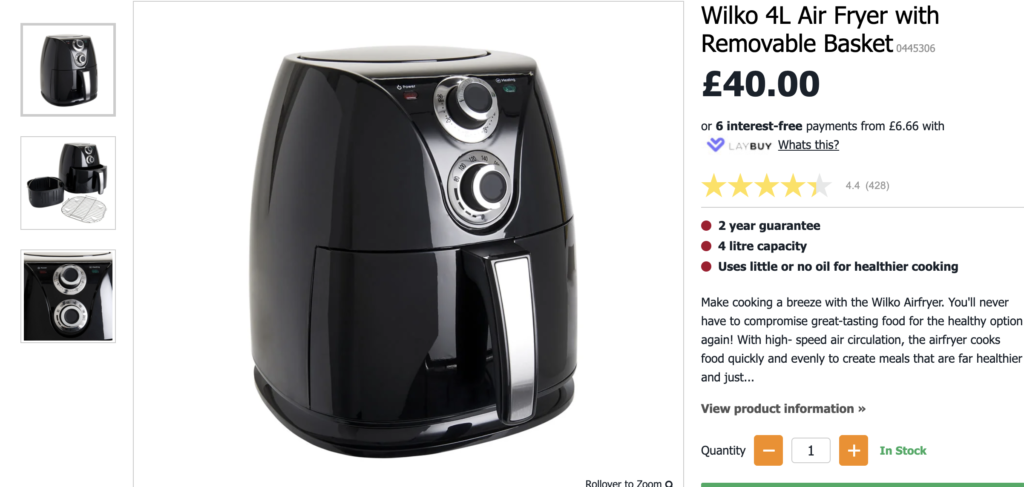It has been over a year since I decided to stop using Amazon. I made the personal decision due to a realisation of how much power consumers hold by not financially supporting them.
The turning point was during the start of the covid pandemic. I remember reading an article about how the wealth of billionaires rose significantly. From an ethical standpoint, I could no longer complain about issues that affect the world around me, while giving money to the same people who have incredible power to change it.
Here are five reasons why I decided to close my account and cancel my Amazon subscription.
1. To help small businesses
Time and time again, we hear of small businesses forced to close because of newer and much richer competition. Now I’m no hater of competition. Instead, I’m in quite the opposite camp, because I think it’s healthy. However, when the competitor is a company that is known for not playing by the books and hindering start-ups, then I’m very much against it.
Whenever we shop small, we directly help an individual or a family. Either by something like paying for their daughter’s tuition fees to putting food on their table. In the case of large corporations, the money we so willingly spend hardly goes to the actual producers of the goods or the workers. Instead, it tends to go straight to the pockets of fat-cat investors, looking to purchase their seventh family home in the Caribbean islands.
2. Anything I could find on Amazon, I could find cheaper elsewhere.
A few months ago, I listened to LBC, a popular UK radio talk show, when a guy phoned in to talk about Amazon. He mentioned something which stuck with me,
“I am yet to find a single item on Amazon, I can’t find elsewhere and cheaper”.
The host briskly cut him off for the ad breaks, but the point was made.
At first, I thought he’s lying. Amazon does great deals on almost anything. But the so-called “deals” soon add up in price, when accounting for delivery and hidden costs from seller, just to make a profit. It’s a similar story when talking about food delivery apps. Restaurants slightly bump up the price, just to cover the platforms commission fees. And Amazons fees are a chunky 15%.
Here’s an example of where a bit of old school in-person shopping can pay off.
This air fryer on amazon costs £49.99
While in my local supermarket, a bigger and powerful air fryer costs £40. And the delivery was instant.
3. Amazon Prime is an extra cost
According to a survey by WMG, the average American spends around $80 a month on subscriptions. This accounts for dating apps, mobile phones, entertainment and of course shopping services. Amazon prime is a monthly subscription that costs around $12.99 per month, and grants members free next day delivery.
A movie on-demand service is included in the prime subscription, which does somewhat sweeten the deal. Despite the online movie lists (which aren’t that great anyway), this is still not a justifiable cost I’m willing to pay. Every penny counts, and though $12.99 or £7.99 might not sound like breaking the bank when added with the other monthly subscriptions one might have, it certainly adds up.
4. To gain some control
It just doesn’t sit right with me actively advocating for small businesses and the need for innovation, while financially supporting a mega-corporation doing the exact opposite. It’s like caring passionately about animal rights while buying burgers. My halting of spending my money at Amazon is hardly going to make any dent, but money is power. And the longer I give Amazon my money, the more power I essentially give them.
On a deeper level, the rise of monopoly tech firms has been a serious problem in the last two decades.
Do we want to live in a world where our only options for food, drinks and services are a select few companies?
I most certainly don’t. Life should be about options. Unfortunately, if we carry on this trajectory, then we reduce this significantly. We have to take control back somehow.
5. They are known not to treat their workers well
How much do we really care about workers rights?
Depending on who you ask, the answer changes. Most people will claim to care, but support companies like Amazon which have some of the worst workers rights claims I’ve ever heard. Now to be clear, I’m not head hunting anyone who shops at Amazon or large corporations. I mean, I’m wearing a pair of Nike’s as I’m writing this now. People are free to do as they wish. For me at least, it feels weird knowing the mountain of workers rights abuses they commit and still turn a blind eye. To name but a few are:
► Workers are forced to urinate in bottles.
► AI cameras and agents hired to spy on employees.
► Firing pregnant workers.
► Amazon has actively been hunting down any worker unions or activists.
The list goes on. Then again, are we surprised a company so rich and a man so wealthy (Jeff Bezos) can become so powerful by being a nice guy?
Oxfam has listed over 30 companies to have profited during the Covid pandemic. Of course, Amazon was on the list. Another article by Researchfdi, mention Amazon’s profits increasing by nearly 200% since Covid started! To put into context how much money that is, watch this short video.
Honestly, if this doesn’t make anyone seriously question the control companies and individuals have then I don’t know what will.







